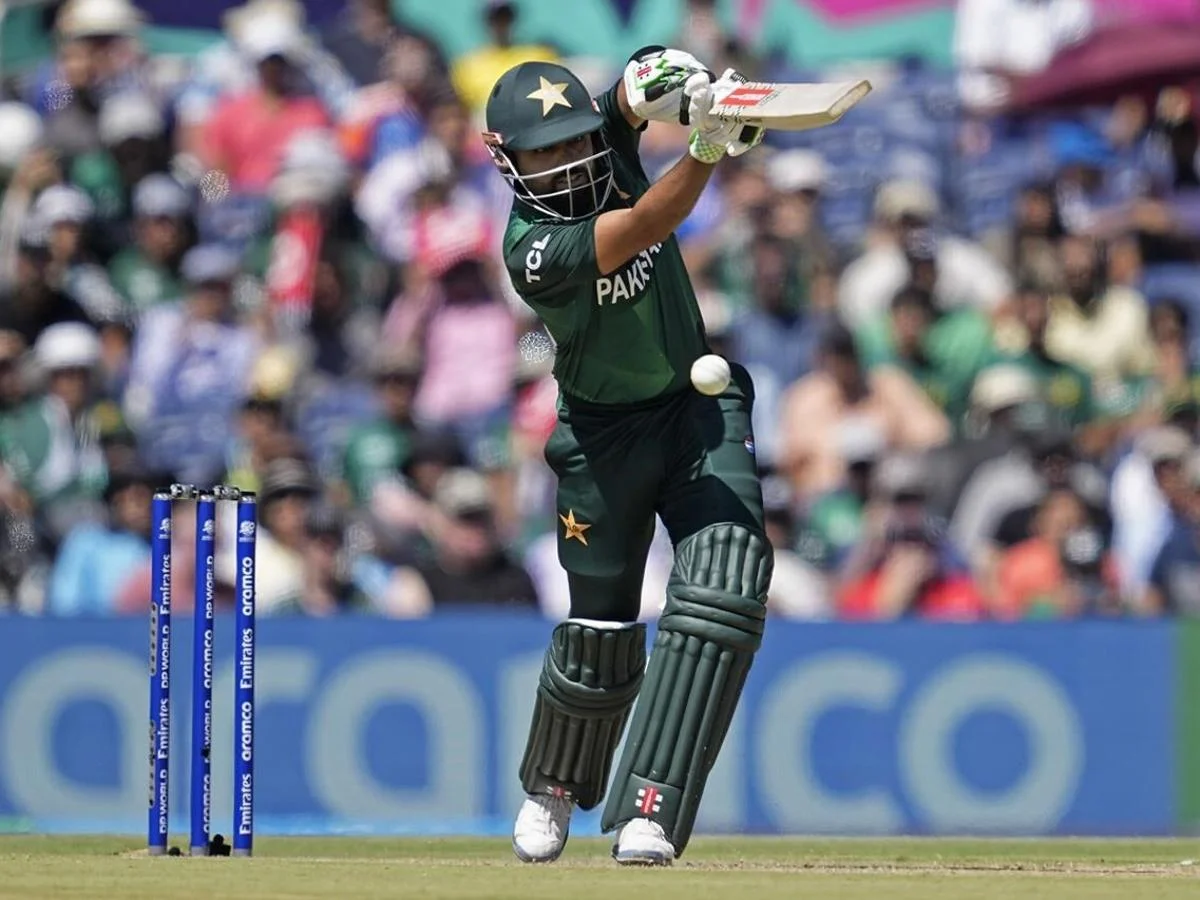As the dust settles on the 2024 T20 World Cup, the harsh reality for Pakistan cricket has become undeniable: once a titan of the sport, Pakistan now languishes among the minnows, far removed from the elite echelons of international cricket. The performance of Babar Azam’s team has crystallized the notion that Pakistan is no longer a premier team, especially in the format most prioritized by the cricket board. The situation is equally dire across all formats of the game.
Albert Einstein is often misquoted as saying that insanity is “doing the same thing over and over again and expecting a different result.” Similarly, the myth that Pakistan remains a world-beating team despite chronic underperformance must be dispelled. The truth is more sobering: Pakistan’s players do not currently possess the ability to compete with the world’s best. Once a force to be reckoned with, particularly in the 1980s and 1990s, Pakistan now stands as a second-tier team due to the abilities—or lack thereof—of its players.
The distinction between talent and ability is crucial. Pakistan, with a population exceeding 200 million and a deep-seated passion for cricket, is rich in natural talent. Historically, this reservoir of talent allowed Pakistan to be highly competitive. However, the modern cricketing landscape places a premium on player development, a domain where Pakistan’s cricket structure is glaringly deficient.
Blaming the players alone is a knee-jerk reaction and misses the larger issue. Yes, there must be accountability for underperformance, but the rot extends through every level of Pakistan cricket. Politicized governance, an ineffectual selection panel, a weakened domestic cricket structure, overreliance on the Pakistan Super League (PSL), and inadequate player development are the root causes of the decline.
These systemic issues explain why the coaching team lacks stability, why poor selections are made, and why talented players fail to reach their potential. The persistent failures lead to familiar frustrations among fans and commentators alike: uncertainty over the best batting lineup, middle-order collapses, a dearth of quality spinners, and fast bowlers not performing to elite standards.
Recent selections have been baffling. Iftikhar Ahmed’s inclusion is inexplicable, given his repeated failures. The experienced Imad Wasim and Mohammad Amir faltered at crucial moments, demonstrating that their time at the top should be over. Shadab Khan’s continued selection is perplexing, given his lack of contributions with both bat and ball. Promising players like Abrar Ahmed and Saim Ayub were either underutilized or looked unprepared, highlighting the failure to convert talent into ability.
The batting collapse was particularly damning in the T20 World Cup. Against the USA and India, the batting order, including big names like Babar Azam, Mohammad Rizwan, and Fakhar Zaman, failed to deliver. This reflects the systemic failure within Pakistan cricket, where even the star players are not performing when it matters most.
The decision to reinstate Babar Azam as captain backfired, with his on-field leadership failing to inspire confidence. The persistent rumors of team factions may or may not be true, but the board’s decision to play to populist sentiments in restoring Babar to captaincy has proven counterproductive.
There were few positives, though the fast bowlers did show promise, especially in favorable conditions. Haris Rauf’s improvement was a rare bright spot, suggesting that the production line of bowling talent remains operational. However, even in this area, Pakistan cricket is failing to fully develop young talent.
In conclusion, Pakistan cricket is in a woeful state. Radical change is needed, not just at the player level but throughout the entire cricketing infrastructure. Political interference must end, and meritocratic governance must be established. The domestic cricket structure and the PSL need urgent reform to focus on true player development. Persisting with the current system would indeed be the definition of insanity.
It is time for Pakistan cricket to embrace change, to stop the cycle of repeated failures, and to restore the national team to its former glory. The talent is there, but without proper development and governance, Pakistan will continue to squander its cricketing potential.
